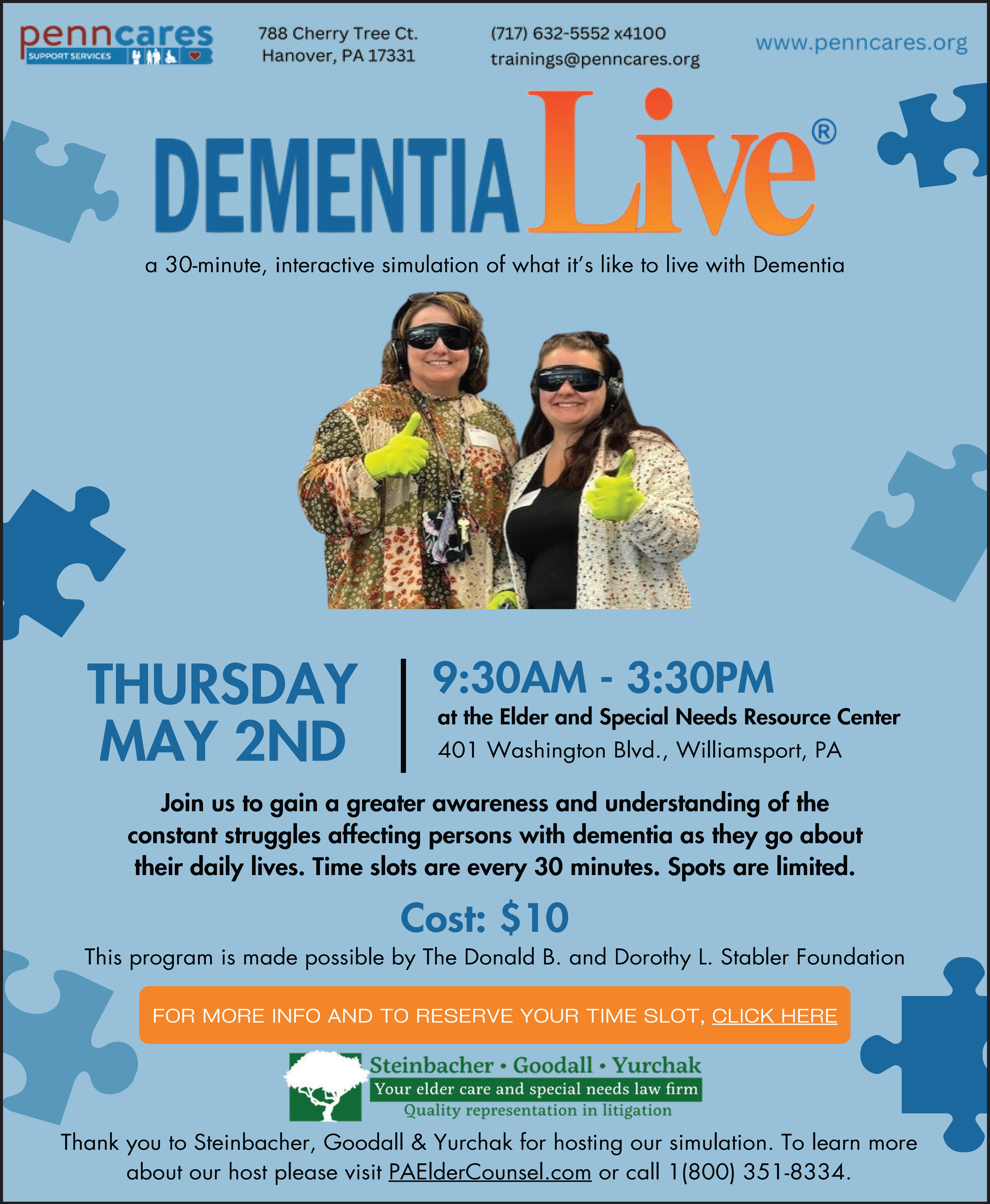The news last night made you kind of worried.
Worried that your guy won’t get into office, and worried that he will. You’re concerned about America and its future, about another insurrection and more divide. Most of all, you fret about towns larger and smaller than yours and what those citizens will do in 2024. So read “The Overlooked Americans” by Elizabeth Currid-Halkett, and take a deep breath…
A bunch of one-tooth wonders. Uneducated rubes. Flyover country. Coastal elites. Big snobs. You’ve heard those things said about your fellow Americans and, man, those insults have to be wrong, don’t they? Are we missing something, and assuming the wrong things?
Elizabeth Currid-Halkett thinks we are.
While much of the derision aimed at small-town America came from the last two elections, the way we talked about rural America — that it’s “a cultural backwater” — has been around for a long time. Same thing about big-city citizens, that they’re rich and uppity. Currid-Halkett found plenty to contradict all these beliefs.
Rural people, she found, can experience deep poverty, low employment, and intolerance… but so do people in cities. Country folks aren’t “necessarily more religious than urban Americans…” Instead, they’re mostly “focused on things other than politics: their families, upcoming holidays, paying their bills…” She discovered that in “flyover” areas, people are “less prejudiced, more diverse, and more apolitical than is commonly thought.”
So is there a massive divide between rural citizens and city dwellers? University of Chicago General Social Survey (GSS) data indicates that Americans all over the country, East coast, West coast, city and rural, are more alike than we think we are. There are small nuances — rural folks are more relaxed about education, and opioids in a small community can change things quite a bit — but we all largely want equality, tolerance, and to be left alone to live our lives without interference from the government. We all want good housing and good jobs. We want our kids to grow up safe.
And we don’t like being pulled into cultural battles that we don’t fully buy into.
One gigantic surprise. That’s what you’ll hold in your hands when you find “The Overlooked Americans.” But also — there are things that won’t surprise you in the least.
Gently following a handful of people from various areas around America — including one polar-opposite woman she grew close to — author Elizabeth Currid-Halkett looks at the way we look at one another from a common-sense, down-to-Earth viewpoint that doesn’t overtalk. Readers should know that there’s a large amount of science in this, and enough data to make a statistician happy, but it’s the interviews that stand tall and stand up for another way of thinking.
Look at that which divides us. You may see that it’s not very much.
“The Overlooked Americans” educates, and it begs for tolerance, compassion, and patience. It’s for grown folks who can see that anger and heel-digging isn’t anything to brag about anymore. It’s a book for anyone who seeks understanding, and the chance to stop worrying.
* * *
In “The Forgotten Girls,” author Monica Potts (Random House) remembers small town life and her best childhood friend, and she wonders about the different paths their lives took. College for one; meth rehab for the other; how did this happen? Also look for “The Distance from Slaughter County” by Steven Moore (The University of North Carolina Press), a collection of essays about place, differences, and home.
“The Overlooked Americans: The Resilience of Our Rural Towns and What It Means for Our Country” by Elizabeth Currid-Halkett
c.2023, Basic Books
$32.00
432 pages



